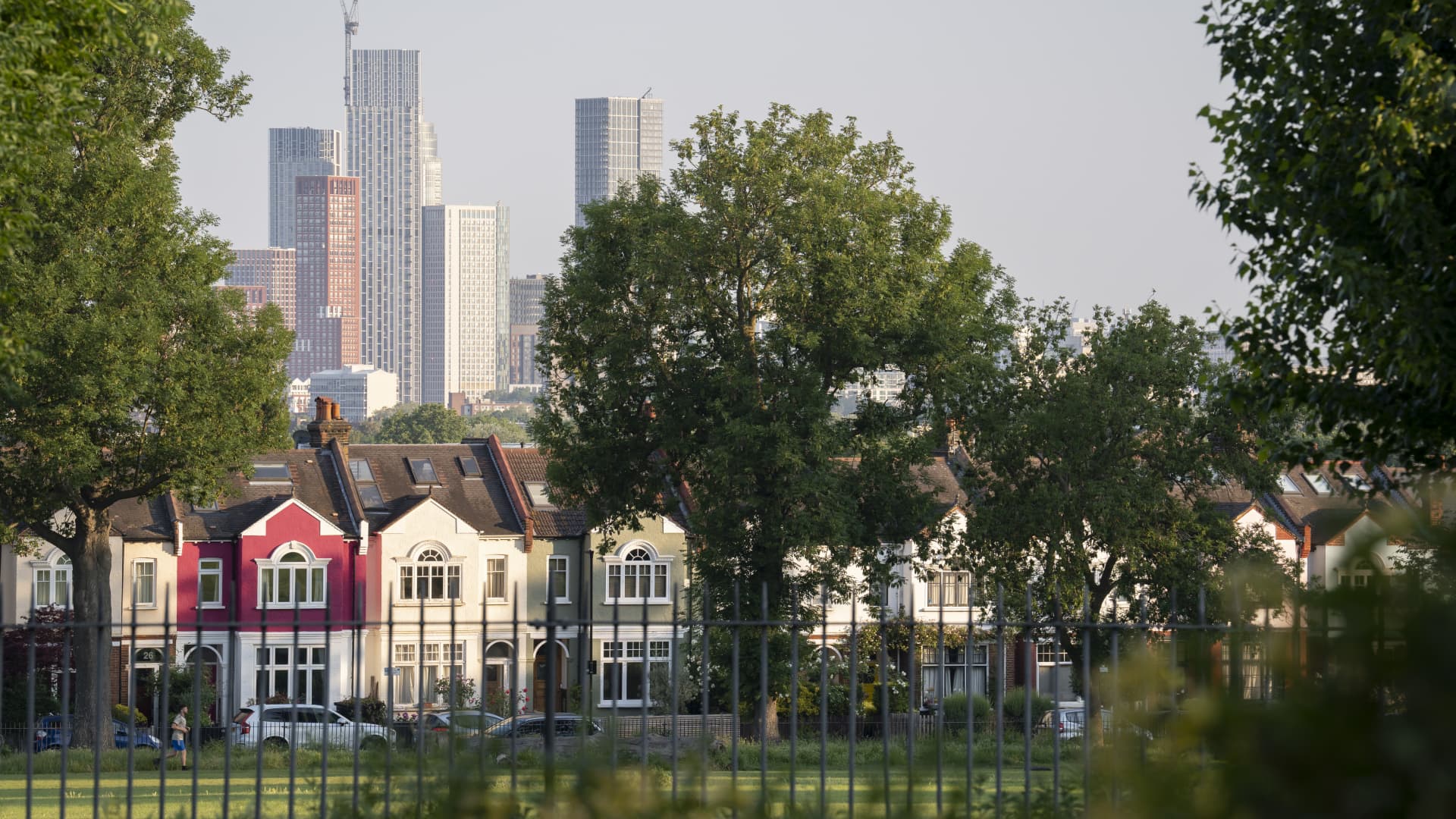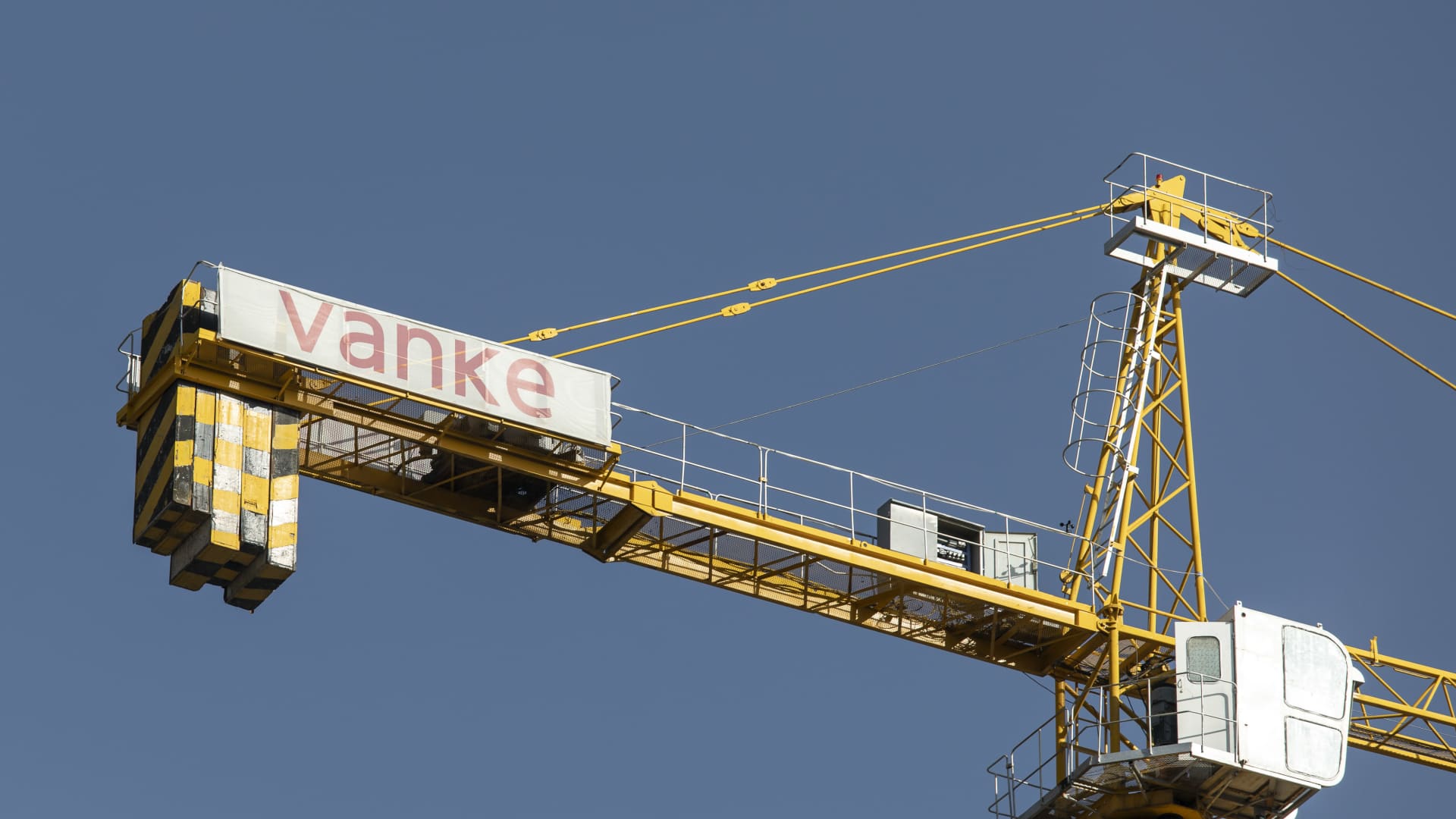Moody’s downgrades Chinese property developer Shimao as debt troubles drag on
BEIJING — Moody’s downgraded Chinese property developer Shimao Group Holdings on Wednesday based on expectations that the company will find it harder to repay investors on time.
The move reflects ongoing troubles in China’s massive real estate sector, despite a trickle of local government announcements in the last few weeks aimed at encouraging more homebuying.
Moody’s cut its rating on Shimao by two notches, to Caa1 from B2 — both in the “non-investment grade” category. The ratings agency’s outlook on the developer is now negative, concluding a ratings review that began on Jan. 10.
Shimao was once considered one of China’s healthiest property developers as it had met all of Beijing’s requirements on debt, unlike the highly indebted Evergrande. Global investor worries last year were focused on whether Evergrande was able to repay its debt and a potential spillover to China’s economy if it failed to do so.
But like other real estate developers, Shimao has since revealed its own debt problems.
The company reportedly defaulted in early January, and its prospects for future income have fallen. Contracted sales for 2021 dropped by 10.4% from the prior year to 269.11 billion yuan ($42 billion).
Moody’s expects those sales will decline “significantly” this year and next. Any cash Shimao has will mostly be used for repaying project-level debt and construction expenses, leaving insufficient funds for paying back investors this year.
“At the holding company level, Shimao has large debt maturities becoming due or puttable by the end of 2022, including offshore bank loans, offshore bonds totaling around $1.7 billion, and onshore bonds of around RMB6.9 billion,” the ratings agency said in a release.
Auditor resignations
Among other negative headlines around real estate developers like Shimao, S&P Global Ratings said last week the auditors for Shimao’s mainland China subsidiary, Hopson Development Holdings, and China Aoyuan Group all resigned in late January.
Such resignations are quite rare, and could prevent the Hong Kong-listed developers from submitting financial statements in time for an end-of-March deadline, Edward Chan, director at S&P Global Ratings, said in a phone interview Monday.
A delay in filing could result in stock trading suspensions, Chan said. “So that obviously will further weaken investors’ confidence.”
Shimao’s Hong Kong-traded shares rose by 12% in January after months of selling, but are down by more than 6% for February so far. Aoyuan shares also ended a months-long sell-off with 10% gains in January, but shares are down by about 7% this month.
Hopson shares are down slightly this month after a 1% decline in January.








